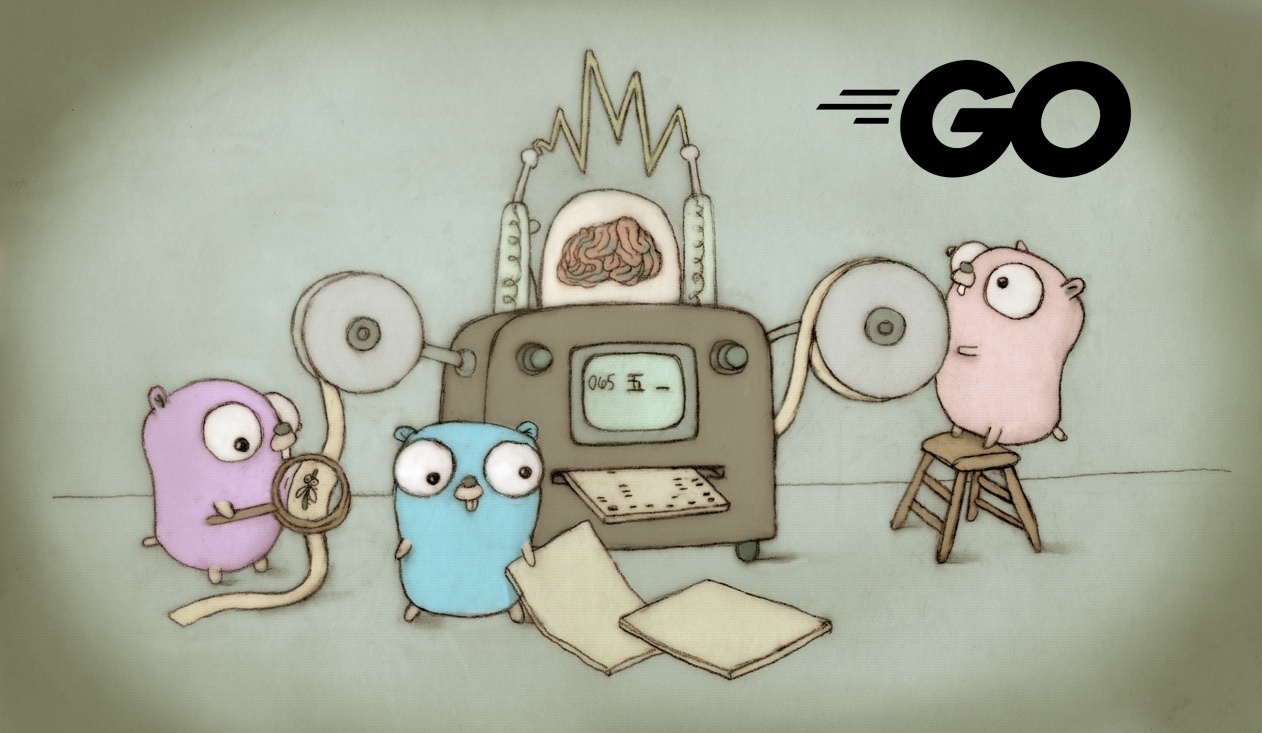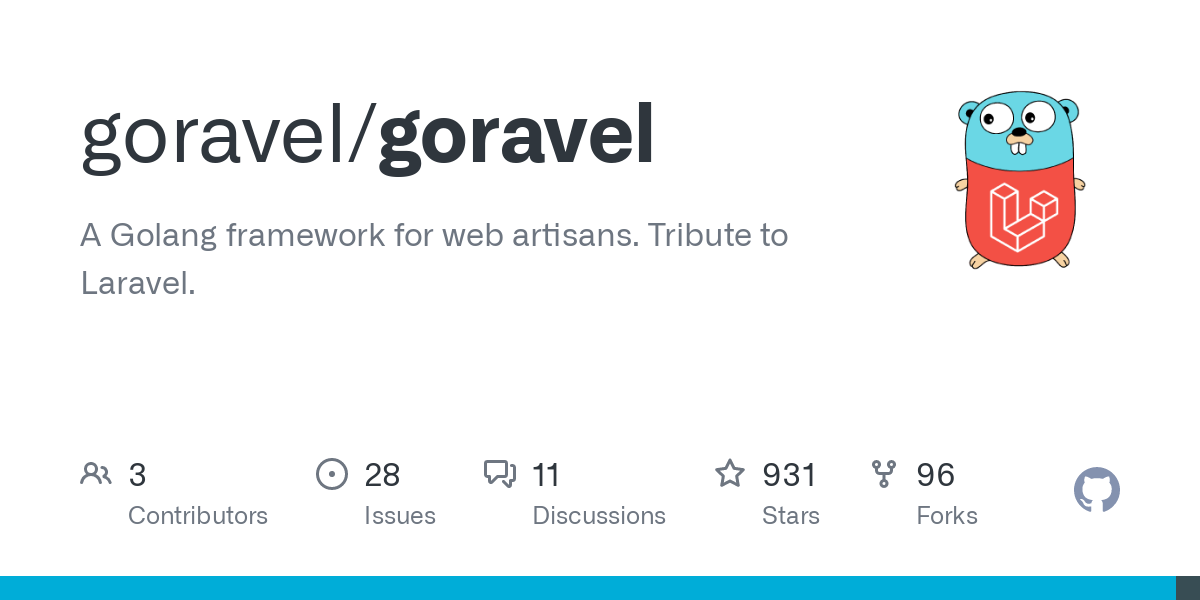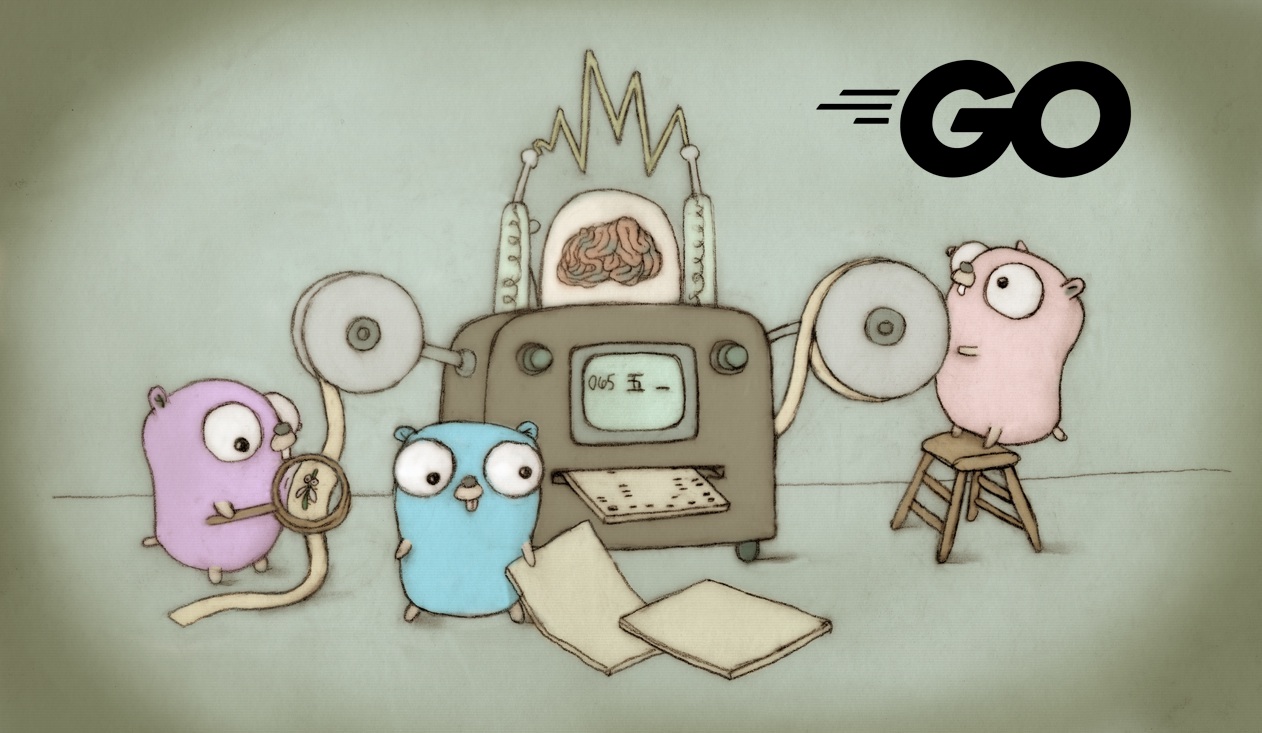- 9 Posts
- 7 Comments

 2·1 year ago
2·1 year agoThe backwards compatibility promises of Go definitely makes upgrading a breeze. Java is pretty much in the same boat (except it maintains bytecode compatibility instead of source). When working with languages that don’t offer these promises it’s always a nightmare to upgrade to newer versions.

 4·1 year ago
4·1 year agoassuming you propose the idea to migrate to kotlin, it would go something like this:
- talk to your other developers and see if they feel the same way. get other developer buy-in
- propose the idea to management with reasons why it would be beneficial
- management now either buys in and approves kotlin usage, or says it’s not worth it
if management says yes, you now have like 20 people who have vetted and agreed with the idea. once you start writing Kotlin it’s not like EVERYTHING is all of the sudden Kotlin. it’s an iterative process, and hopefully you have test coverage. you can even re-use your existing java tests since the languages are interoperable. Assuming you follow a normal development process, the odds of a catastrophic bug coming out of nowhere to cause millions of dollars of losses wouldn’t even cross my mind.
that being said, assuming the current code works decently well, management will have no motivation or reason to approve a total rewrite in a new language. it’s more likely that they will only approve starting to trickle in kotlin for new projects or features, which even further reduces the likelihood of a catastrophic bug happening.

 2·1 year ago
2·1 year agothe developers don’t have to of left the team to make it legacy code

 2·1 year ago
2·1 year agoI agree it’s unique and not really talked about. It kinda reminds me of Elixir’s doctest

 4·1 year ago
4·1 year agowhat about after the HUP? The time between HUP and the new binary starting up would be considered downtime








Much needed change, I wish they made it apply for all go versions though